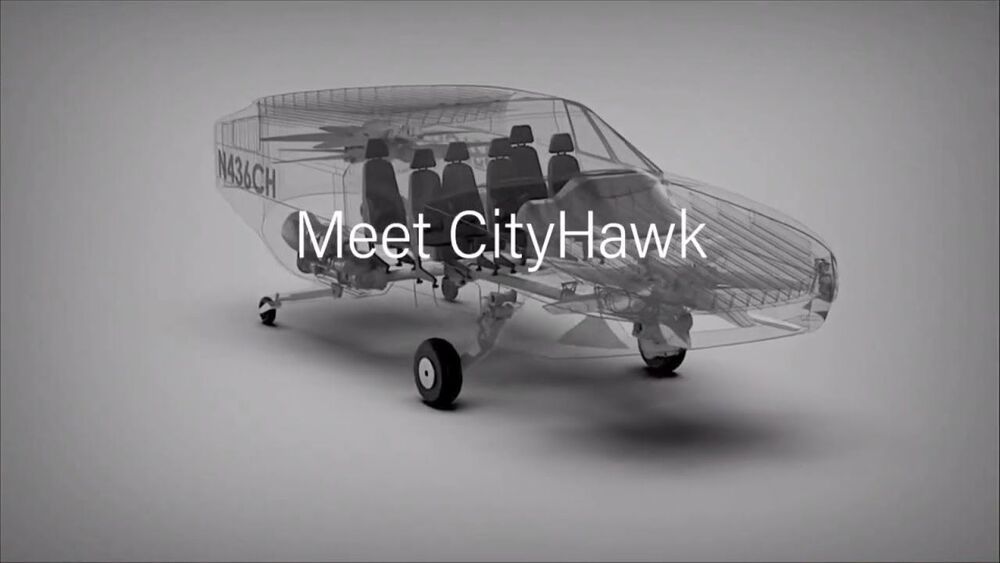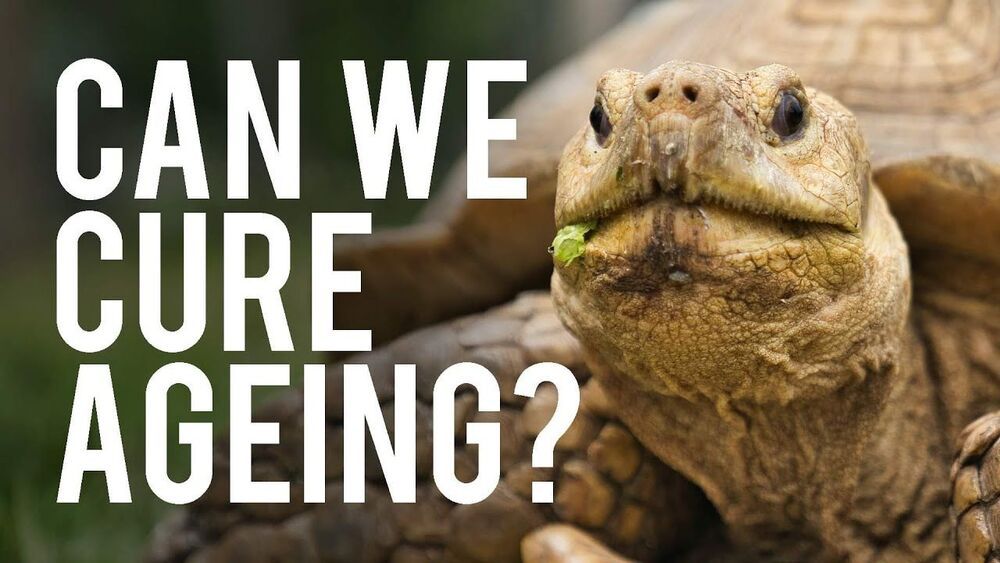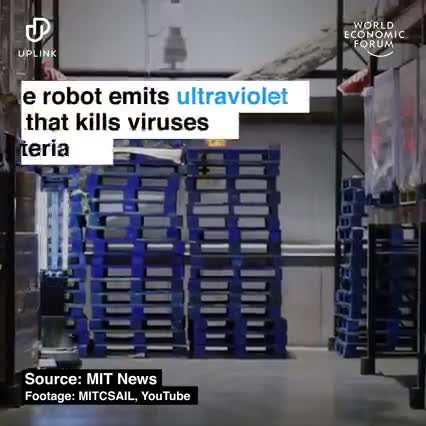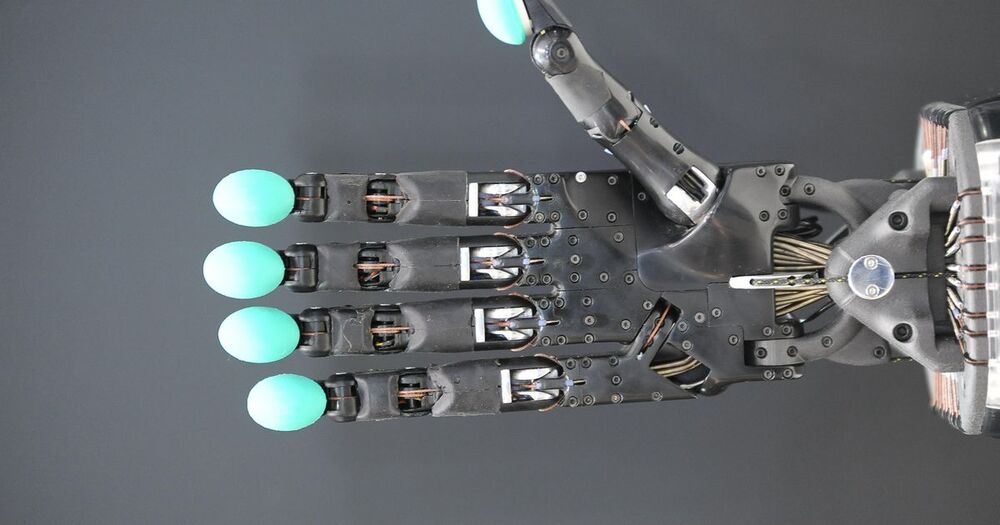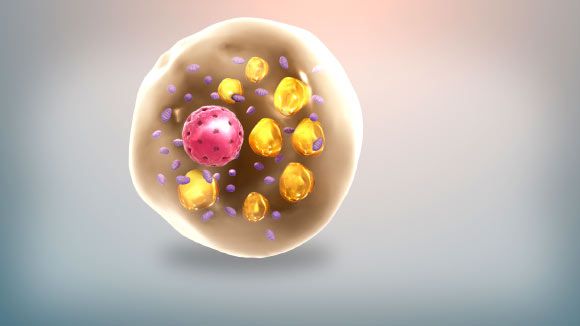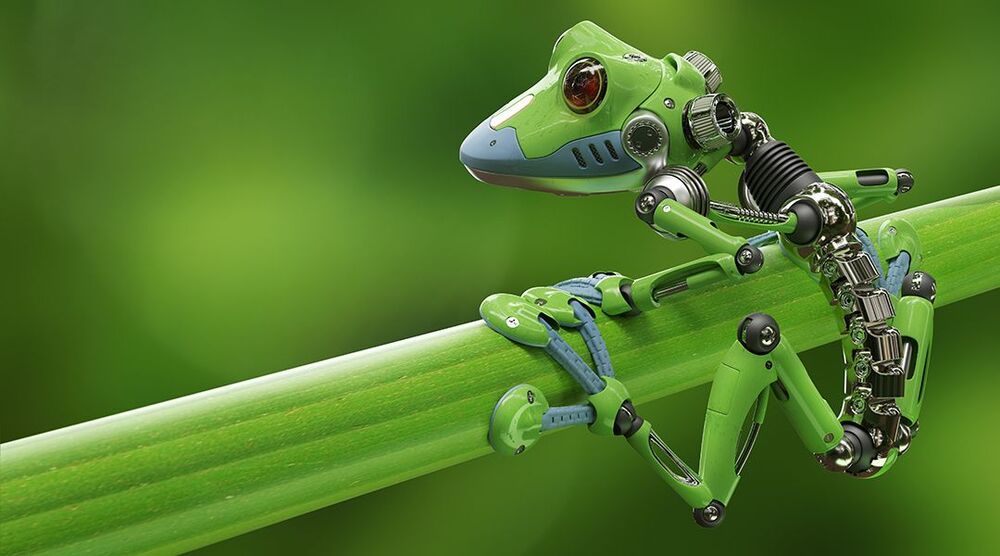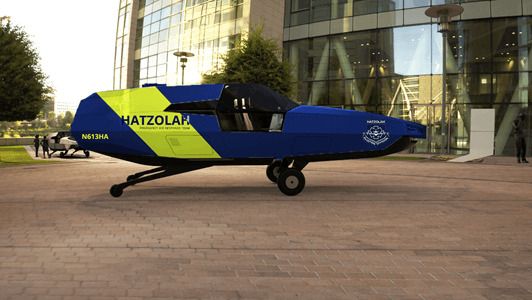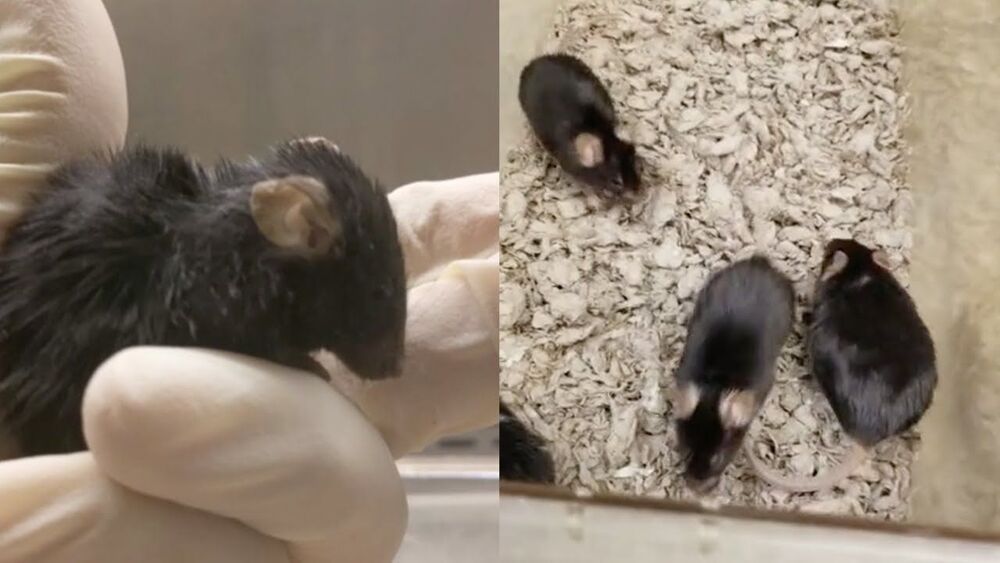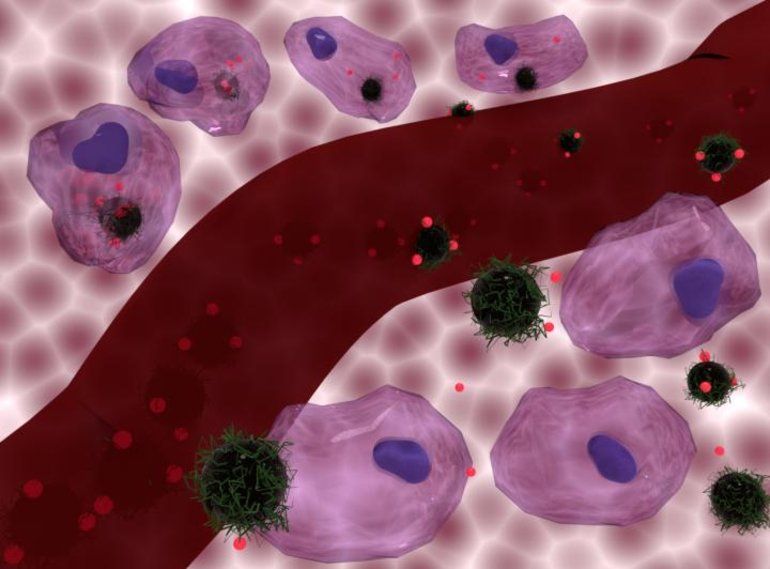Jan 7, 2021
CityHawk eVTOL Gets Off The Ground Following Initial Orders
Posted by Quinn Sena in categories: biotech/medical, robotics/AI
“We are excited to partner with Hatzolah Air on the development of our CityHawk EMS vehicle,” says Rafi Yoeli, CEO of Urban Aeronautics. “Its compact size will enable it to land in the middle of a busy city street, making it a perfect fit for medical evacuation missions by dramatically decreasing the time it takes to arrive on-scene, treat and transport sick or injured patients to appropriate medical facilities.”
For those of you unfamiliar with the CityHawk, it’s much, much more than a few concept drawings. The vehicle has been in development since the company’s inception in 2001, and an unmanned version of the CityHawk has been flying successfully for at least a year. Successfully enough, at least, to merit an agreement of, “mutual exploration by Boeing and Tactical Robotics of Autonomous Unmanned VTOL aircraft based on Urban Aeronautics … unique Fancraft™ technology.”
